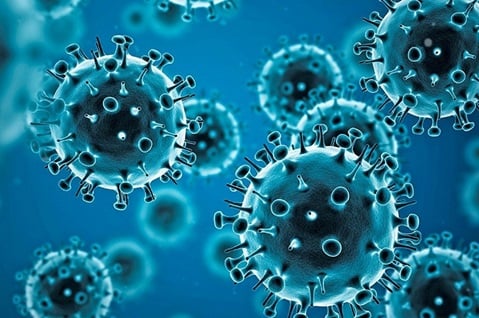The world’s capacity to monitor COVID’s genetic evolution is “under threat,” according to WHO Director-General Tedros Adhanom Ghebreyesus, as nations loosen restrictions.
According to the World Health Organization (WHO), the number of COVID infections is rising in 110 countries, with cases climbing by 18% in the preceding week. The COVID-19 pandemic is far from over, according to WHO Director-General Tedros Adhanom Ghebreyesus, and as governments reduce regulations, the capacity to trace COVID-19’s genetic progression globally is “under threat.” He worries that over time, this would make it harder to detect newly developing variations that might be hazardous.
The number of COVID fatalities globally has mostly remained stable from the previous week, however there have been rises in the Middle East, South East Asia, and the Americas. The Middle East experienced the greatest increase in coronavirus cases during the past seven days, with infections rising by 47%. The number of confirmed cases increased by roughly 32% in South East Asia and Europe, and by 14% in the Americas. Globally, about 4.1 million cases have been reported in the past week; a large portion of this increase has been caused by Omicron variants BA.4 and BA.5. The number of seriously ill persons is still low, and patient numbers are well below the high seen during the wave of infections earlier this year. More than half of all new COVID-19 cases in England are currently caused by the Omicron BA.4 and BA.5 varieties, and it is anticipated that BA.5 will soon overtake BA.4 as the predominant coronavirus in the nation.
There is “currently no proof,” according to the UK Health Security Agency, that these two mutations produce more severe sickness than earlier forms. According to new research, COVID-19 fattens our body’s cells to aid in the viral conquest, with some fats rising to 64 times their usual levels. According to researchers, the virus that causes COVID-19 performs a thorough takeover of the body’s fat-processing system, resulting in cellular fat stores that give it the ability to control the body’s molecular machinery and spread disease. In order to halt the virus in cell culture, they tried utilising weight-loss medications and other fat-targeting substances.
According to study that was published in the scholarly journal Nature Communications, once the virus was cut off from its fatty fuel, it ceased multiplying within 48 hours.
A week ago, 1.7 million people in the UK’s four countries had the virus, which coincides with the publication of the new report.











